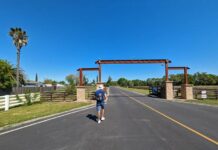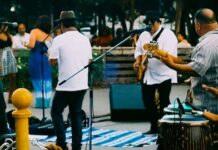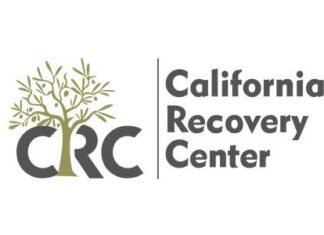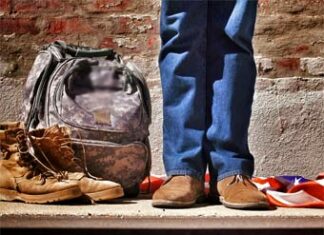Research Finds Changes in Brain Physiology
(SACRAMENTO, Calif.) – One major obstacle to determining how much sleep adolescents need is the lack of a reliable biological test to measure sufficient sleep.
But new research by Irwin Feinberg and Ian G. Campbell of the Department of Psychiatry and Behavioral Sciences at UC Davis Health has found that changes in brain physiology when asleep and awake, as measured by electroencephalogram (EEG) power density, holds promise as a noninvasive approach to determine if individuals are getting enough sleep time for the brain to function at its best.
“This is one of the first demonstrations of an effect of sleep duration on waking brain electrophysiology,” Feinberg said. “If we obtain similar results in adults, we believe the intensity of waking brain waves, easily measured by computer, could serve as a general index of biologically sufficient sleep.
The results of their three-year study, conducted in 77 adolescents aged 10 to 14, appears in the current issue of PLOS One. The approach may also provide a way to assess sleep disorders.
“Our data show that longer sleep produces more intense brain waves when awake”
Irwin Feinberg, professor and director of the Sleep Laboratory at UC Davis Health
For the adolescent study, the researchers modified the time-in-bed schedules for participants so that they slept for a specified number of hours for four consecutive nights each week in their own beds. Electrodes placed over the central and occipital regions of their scalps captured brain activity. The amount of sleep time included 10, 8.5 and 7 hours. At the end of each week, the adolescents spent a weekend day in the laboratory for sleepiness and performance tests, including waking EEG recordings.
“We found shorter sleep times significantly decreased waking EEG power in a wide range of frequencies,” said Ian G. Campbell, director of the UC Davis Sleep Laboratory.”
“While more research is needed to determine the extent of this phenomenon, if this test proves sensitive and specific, it could have a range of applications in research on sleep and cognition, aging and hypnotic efficacy,” Campbell said. “It might also help determine whether adolescents are getting adequate sleep at different ages or whether military and public service personnel have obtained the amount of sleep needed to perform critical tasks.”
Enroll in UC Davis Adolescent Sleep Study
The UC Davis Sleep Lab needs participants aged 15 to 20 years old and live in Davis, Dixon or Woodland. The participants need to be in the area for the next three years, beginning in February. The researchers aim to recruit 100 subjects, evenly distributed between males and females. Study details are online or contact the researchers at 530-752-7216
(21+ years strong)
Welcome to the brighter side!
Get in front of local customers! 24/7 (365)























